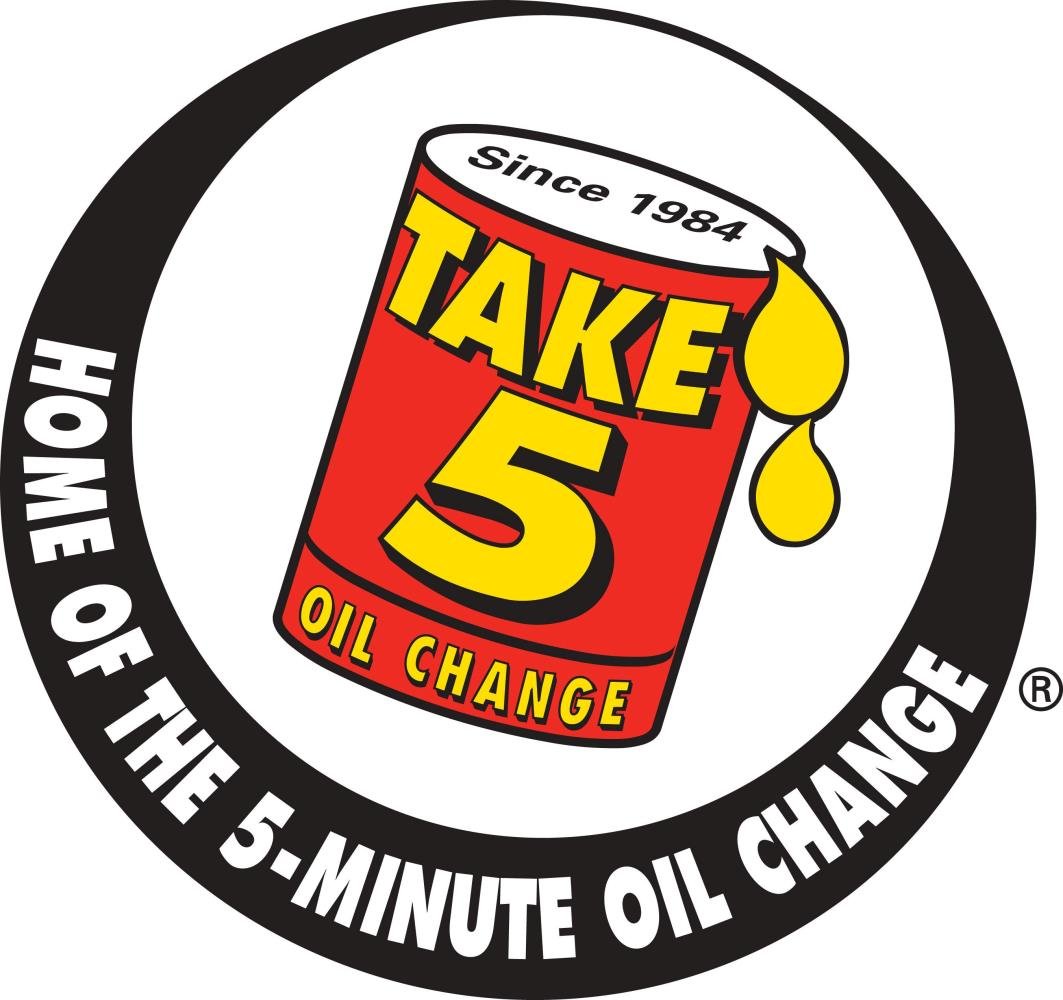In today’s fast-paced world, having a reliable car insurance policy is essential. Civil car coverage, often known as third-party liability insurance, is a type of insurance that protects drivers in the event of accidents or damages caused to other people or their property. This article dives into what civil car coverage is, why it’s necessary, how it works, and everything you need to know to make informed decisions regarding this type of car insurance.
- What Is Civil Car Coverage?
- How Does Civil Cars Coverage Work?
- Why Is Civil Cars Coverage Necessary?
- Types of Civil Cars Coverage
- What Does Civil Cars Coverage Typically Exclude?
- Factors Affecting the Cost of Civil Cars Coverage
- How to Choose the Right Civil Cars Coverage
- Common Misconceptions About Civil Cars Coverage
What Is Civil Car Coverage?
Civil cars coverage is a type of insurance policy that provides financial protection to drivers for any liabilities they incur toward third parties. In simpler terms, it covers any legal or financial responsibilities a driver might have if they cause an accident that results in injury, death, or property damage to others. This coverage ensures that if you’re responsible for an accident, the injured parties can receive compensation without the need for you to pay out-of-pocket.
Civil cars coverage is often mandatory in many countries, and drivers are required by law to carry at least a minimum level of coverage. By ensuring that all drivers on the road have civil car coverage, countries aim to promote road safety and ensure victims receive fair compensation.
How Does Civil Cars Coverage Work?
When you purchase civil cars coverage, you essentially buy a policy that offers financial protection for specific incidents. Here’s how it typically works:
- Liability Coverage: Civil cars coverage primarily focuses on covering your liability to third parties. If you cause an accident, your insurance provider will handle the costs associated with injuries or property damage to the other party.
- Claim Filing Process: After an accident, the injured party will file a claim with your insurance provider. The insurer then assesses the claim to determine whether it’s valid and, if so, the amount they are liable to pay.
- Limitations and Exclusions: Civil cars coverage typically comes with policy limits. For example, your insurance provider might set a cap on the amount they will pay out for each accident. Once the payout exceeds the limit, you may be personally liable for additional costs.
Why Is Civil Cars Coverage Necessary?
Civil cars coverage is essential for several reasons:
- Legal Requirement: In many places, it’s mandatory for drivers to have at least third-party coverage to legally operate a vehicle.
- Financial Protection: Civil cars coverage protects you from hefty expenses that may arise from an accident you’re responsible for.
- Peace of Mind: Knowing that you’re financially protected allows you to drive more confidently.
- Protection for Others: Civil cars coverage helps victims of accidents receive the financial support they need for recovery, medical bills, and car repairs.
Types of Civil Cars Coverage
While the term “civil cars coverage” usually refers to basic third-party liability coverage, different types and levels of coverage may be available, depending on the country and insurer. Here are some common types:
- Third-Party Liability Coverage: This is the most basic form of civil cars coverage. It only covers damages to other people or property and does not protect your own vehicle.
- Third-Party Fire and Theft: This policy covers third-party liability, along with protection against damages to your car caused by fire or theft. However, it does not cover other damages to your vehicle.
- Comprehensive Coverage: While technically more than just civil cars coverage, comprehensive coverage includes third-party liability, fire, theft, and damage to your own vehicle.
- No-Fault Insurance: Some countries offer no-fault insurance, where both parties involved in an accident are covered by their own insurance providers, regardless of who is at fault.
What Does Civil Cars Coverage Typically Exclude?
While civil cars coverage provides protection in many scenarios, certain situations are usually excluded:
- Personal Injuries: Some policies may exclude injuries sustained by the driver at fault.
- Intentional Damage: Any damages caused intentionally by the driver are generally excluded.
- Non-Accident-Related Damages: Damages due to natural wear and tear, mechanical breakdowns, or non-accident-related issues are usually not covered.
- Drunk Driving or Reckless Behavior: If the driver is found to be under the influence of alcohol or drugs, or if they were engaging in reckless driving, civil car coverage may not apply.
Factors Affecting the Cost of Civil Cars Coverage
Several factors can impact the cost of civil car coverage, including:
- Driving Record: Drivers with a clean record are likely to pay lower premiums than those with a history of accidents or traffic violations.
- Vehicle Type: The make, model, and age of your vehicle can affect premiums. Luxury or sports cars are usually more expensive to insure.
- Location: Where you live also impacts your insurance rates. High-traffic urban areas tend to have higher premiums.
- Policy Limits: The higher the coverage limits, the higher the premium. However, this also provides greater protection in the event of an accident.
- Discounts: Some insurance providers offer discounts for safe driving, vehicle safety features, and even for bundling multiple policies.
How to Choose the Right Civil Cars Coverage
When selecting civil cars coverage, consider the following:
- Coverage Limits: Make sure you select limits that provide adequate protection. A high limit ensures that you won’t have to cover significant out-of-pocket expenses if the claim exceeds the coverage limit.
- Add-Ons and Customization: Some insurers offer add-ons to standard civil cars coverage. Consider add-ons for personal injury, uninsured motorist coverage, or roadside assistance.
- Compare Quotes: Different insurance companies offer different rates for similar coverage. Use online comparison tools or work with a broker to find the best deal.
- Customer Service and Claim Process: An insurer’s reputation for customer service and the efficiency of their claims process are crucial when choosing coverage.
Common Misconceptions About Civil Cars Coverage
- “Civil Car Coverage Protects My Car Too”: This is a common misconception. Basic civil cars coverage only covers damages to third parties and not to your own vehicle.
- “Higher Coverage Limits Are Unnecessary”: Some people think that having minimal coverage is sufficient. However, if you’re involved in a severe accident, higher limits can protect you from significant financial liability.
- “Civil Car Coverage Covers Everything”: In reality, civil car coverage has exclusions. Understanding what is and isn’t covered helps you avoid surprises during claim filing.
FAQs About Civil Cars Coverage
1. Is civil cars coverage mandatory?
Yes, in most countries, civil cars coverage is legally required. It’s essential to check your local regulations to determine the minimum coverage requirements.
2. Does civil cars coverage protect me if I’m at fault?
Civil cars coverage protects you against claims from third parties if you’re at fault. However, it doesn’t cover damage to your own vehicle in most cases.
3. Can I increase my civil cars coverage?
Yes, many insurance providers allow you to increase your coverage limits. This will increase your premium but offers more comprehensive financial protection.
4. What happens if I drive without civil cars coverage?
Driving without the required civil cars coverage can lead to legal penalties, fines, and even the suspension of your driving license. In some places, uninsured drivers involved in accidents may also be personally liable for all damages.
5. How can I save money on my civil car coverage?
To save on civil car coverage, consider maintaining a clean driving record, choosing a safe vehicle, exploring available discounts, and comparing quotes from different insurers.
6. Does civil car coverage cover stolen vehicles?
Basic civil car coverage does not cover stolen vehicles. You may need additional coverage, like third-party fire and theft or comprehensive insurance, to protect against theft.
7. Can I cancel my civil car coverage?
Yes, you can cancel your coverage. However, you may face penalties or fees for early termination, depending on your provider’s policy. Also, be aware that you may need to provide proof of replacement coverage, especially if it’s mandatory in your area.
8. Does civil car coverage apply if someone else is driving my car?
Typically, civil car coverage follows the vehicle rather than the driver. However, check your policy’s terms, as some insurers may have restrictions regarding other drivers.
9. What should I do after an accident?
First, ensure everyone is safe, and call emergency services if needed. Exchange information with the other driver(s), document the accident scene with photos, and contact your insurance provider to file a claim.
Conclusion
Civil car coverage is a critical aspect of responsible driving, providing protection for both drivers and other road users. It ensures that, in the event of an accident, financial responsibilities are managed in a way that minimizes the impact on everyone involved. Understanding how civil car coverage works, its limitations, and how to choose the right policy can empower you to make informed decisions, keeping you protected on the road. Remember, civil car coverage not only safeguards your finances but also plays a vital role in ensuring the safety and fairness of our roads.




